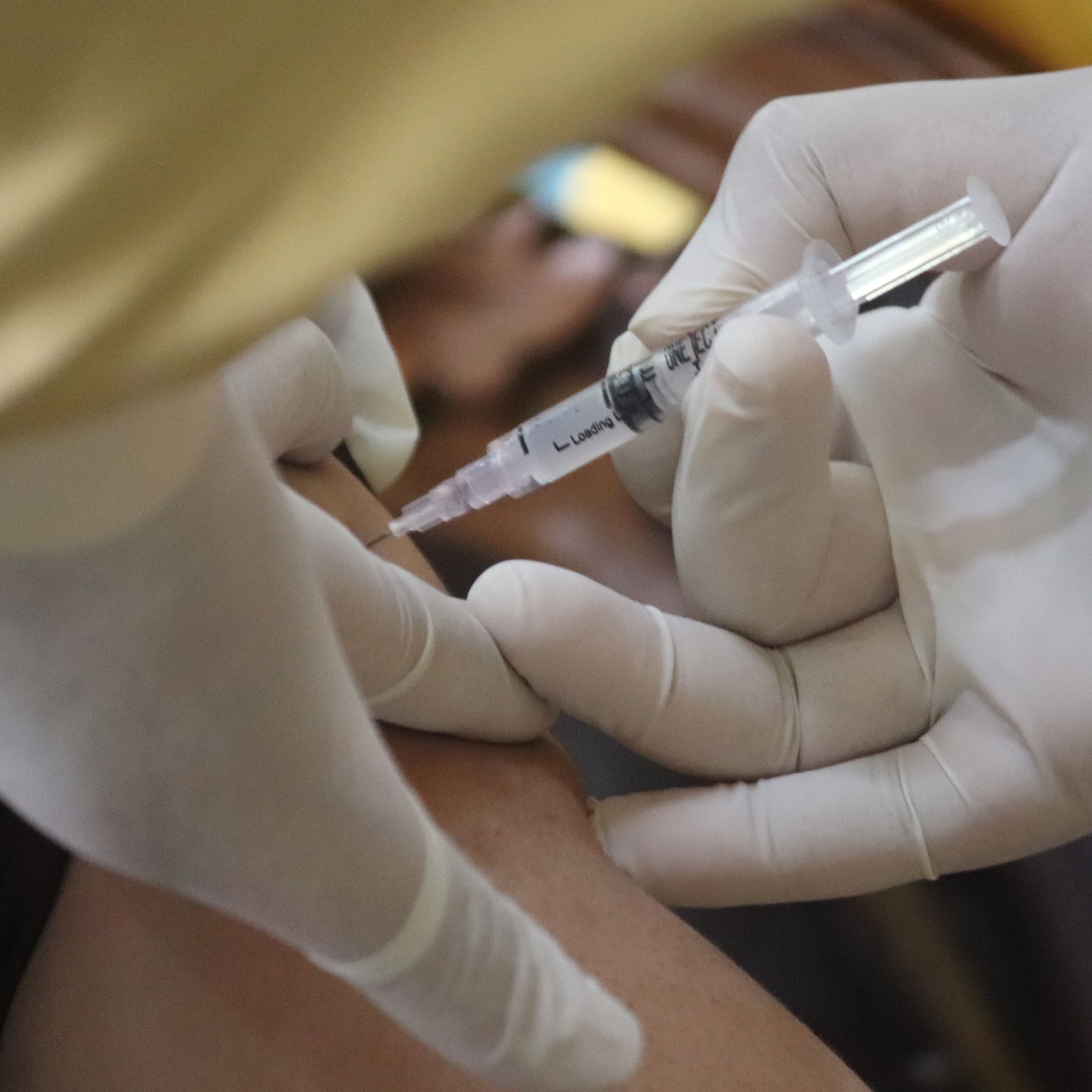Article
Gut Microbiota Forecasts Serological Response for COVID-19 Vaccines in IBD Patients
Author(s):
Gut microbiota diversity was lower in below average responders, while 39.5% of participants had a serological response below the geometric mean.

Patients with inflammatory bowel disease (IBD) who are treated with anti-tumor necrosis factor (anti-TNF) medications are at a risk of a lower serological response from COVID-19 vaccinations, largely because of a lack of diversity in the gut microbiota.
A team, led by James L. Alexander, Division of Digestive Diseases, Department of Metabolism, Digestion and Reproduction, Faculty of Medicine, Imperial College London, examined whether the gut microbiota and metabolome might explain variation in anti-SARS-CoV-2 vaccination responses in immunosuppressed patients with IBD.
IBD Patients
Patients with IBD treated with anti-TNF medicines often exhibit attenuated humoral immune responses to COVID-19 vaccines likely because the gut microbiota and its functional metabolic output play a crucial role in shaping immune responses.
In the study, the investigators prospectively collected fecal and serum samples from patients with IBD treated with infliximab from the CLARITY-IBD study. Each patient was vaccinated against SARS-CoV-2.
The team measured antibody responses after 2 doses of either the ChAdOx1 nCoV-19 or BNT162b2 vaccine and classified patients as having responses above or below the geometric mean of the wider CLARITY-IBD cohort.
The investigators also performed 16S rRNA gene amplicon sequencing, nuclear magnetic resonance (NMR) spectroscopy and bile acid profiling with ultra-high-performance liquid chromatography mass spectrometry (UHPLC-MS) on the fecal samples. They also performed univariate, multivariable, and correlation analyses to determine gut microbial and metabolomic predictors of response to vaccination.
Overall, the study included 43 patients with IBD treated with infliximab, 30 of which had Crohn’s disease, 12 were diagnosed with ulcerative colitis, and 1 patient with IBD-unclassified. In addition, 26 participants had concomitant thiopurine therapy and 8 patients with evidence of a prior SARS-CoV-2 infection.
Response
The results show 39.5% (n = 17) of patients had a serological response below the geometric mean, while gut microbiota diversity was lower in below average responders (P = 0.037). The results also show Bilophila abundance was linked to better serological responses, while Streptococcus was associated with a poorer response.
The investigators also found distinct differences in the fecal metabolome between above and below average responders (OPLS-DA R2X 0.25; R2Y 0.26; Q2 0.15; CV-ANOVA P = 0.038).
Better responders also had higher levels of trimethylamine, isobutyrate, and omega-muricholic acid, while poorer response was linked to succinate, phenylalanine, taurolithocholate, and taurodeoxycholate.
“Our data suggest that there is an association between the gut microbiota and variable serological response to vaccination against SARS-CoV-2 in immunocompromised patients,” the authors wrote. “Microbial metabolites including trimethylamine may be important in mitigating anti-TNF-induced attenuation of the immune response.”
The study, “The gut microbiota and metabolome are associated with diminished COVID-19 vaccine-induced antibody responses in immunosuppressed inflammatory bowel disease patients,” was published online in eBioMedicine.




